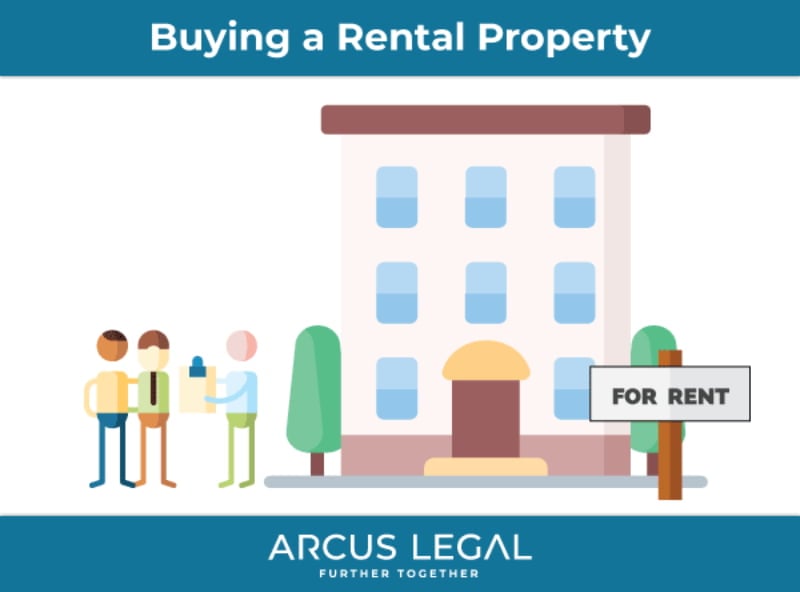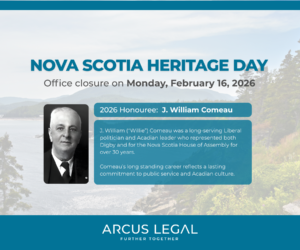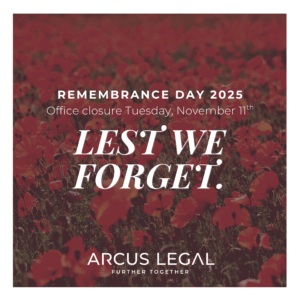Diving into the world of being a landlord and owning rental properties can be appealing. Online articles, YouTube videos, and television can make it out to be an easy way to earn passive income. However, it is also a significant responsibility to supply a home to a person or family. No matter the length of your rental, there are certain obligations that arise once you take on the responsibility of becoming a landlord. Prior to investing in a rental property ensure you consider the length of rental you will be providing, and know the relevant law to avoid future disappointment.
Long-Term vs. Short-Term Rentals
Before investing consider whether you would like to lease to tenants on a short-term or long-term basis. There are two very different sets of laws, regulations, and norms for the two types of rentals. In Nova Scotia, once a person resides on your premises for more than 30 days, they are considered to have a “deemed” month-to-month lease and are subject to the protections found in the Nova Scotia Residential Tenancies Act (“the RTA”).
Short-term rentals have not traditionally been regulated, but with the rise of Airbnb and other services which make it easier to rent a property short-term, Nova Scotia has taken action to start to regulate short-term rentals. Nova Scotia now has a registry for short-term rentals. Check the Tourist Accommodations Registry to see if you are required to register your short-term rental property.
If a tenant’s stay lasts longer than planned, it can be easy to end up in a situation where you and you and your tenant become subject to the RTA. There are very few circumstances in which a landlord can remove a tenant. If you did not intend to create a long-term tenancy and did not fully vet the tenant, you may become stuck in a challenging situation you did not intend.
Review and Understand Nova Scotia’s Residential Tenancies Act
The stated purpose of the RTA is to “provide landlords and tenants with an efficient and cost-effective means for settling disputes” (at s. 1A).
The RTA can be a confusing read. To help landlords and tenants, the Government of Nova Scotia has created guides, policies, and forms to make the process easier.
Quick Tips
There are some common misconceptions and gaps in knowledge about becoming a landlord. Below are a few pieces of information you will want to know prior to entering a landlord/tenant relationship.
Removing a Tenant – Once there is a non-fixed term lease in place, either written or deemed, you cannot remove a tenant except in very particular circumstances. See the Residential Tenancies Guide on “Ending a Tenancy” for guidance.
Notice to Quit – Even if you are entitled to end a tenancy by serving a “Notice to Quit” on your tenant, this notice is not legally enforceable on its own. If the tenant believes they are entitled to remain on the premises, they can file a claim with the Residential Tenancies Board to dispute the Notice to Quit. In most cases, the tenant will be entitled to remain on the premises until you both attend a hearing or participate in a mediation with a Tenancy Officer.
The RTA Appears to Favour Tenants – The RTA tends to feel as though it favours tenants, which can feel unfair to landlords who are new to renting and may not be in a strong financial position. The purpose of the RTA and its processes are to create expediency and set a level playing field. Tenants are often in a less favourable socioeconomic situation than landlords, which means protections are needed to protect their interests.
Deemed Lease – The “deemed lease” can be one of the greatest sources of headache for the kind friend who lets someone move in. The standard form lease is found to apply on a month-to-month term after a tenant resides on a property for more than 30 days straight.
In conclusion, becoming a landlord is not something to be taken lightly. It is best to do your homework before you dive into the world of renting property. Decide what type of rental you will have, review the relevant laws, and seek guidance if necessary. See the various links below for more information provided by the Nova Scotia Residential Tenancies Program website. If you have questions or require further guidance, feel free to reach out to us by telephone or email.
Links:





